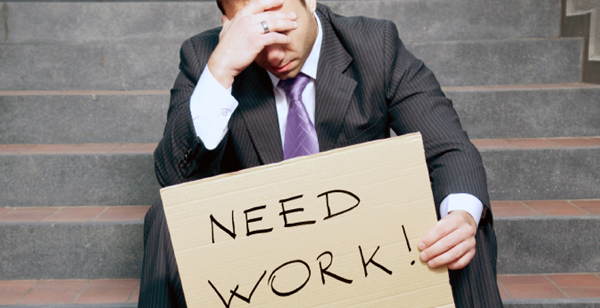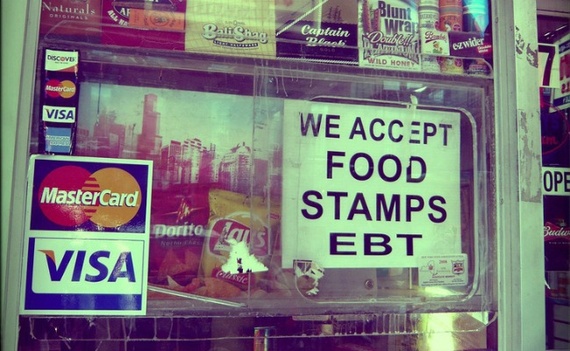So, What Exactly Happens To The Long Term Unemployed?

The Article: Only 11% of the long-term unemployed find work again a year later by Ricardo Lopez in the Los Angeles Times.
The Text: In a sobering new study, three Princeton economists found that only 11% of the long-term unemployed in any given month found full-time work a year later.
The paper, presented Thursday at a Brookings Panel on Economic Activity, offered a comprehensive look at the profile of the long-term unemployed. The lead economist behind the study is Alan B. Krueger, the former chairman of President Obama’s Council of Economic Advisors.
The economists tested the hypothesis of whether a low supply of jobs or discrimination by employers contributed to long-term unemployment.
The answer? Probably both.
“The demand-side and supply-side effects of long-term unemployment can be viewed as complementary and reinforcing of each other as opposed to competing explanations,” the economists wrote. “[S]tatistical discrimination against the long-term unemployed could lead to discouragement, and skill erosion that accompanies long-term unemployment could induce employers to discriminate against the long-term unemployed.”
One of the paper’s finding is that long-term unemployed people exert little pressure on parts of the economy such as wages and inflation.












